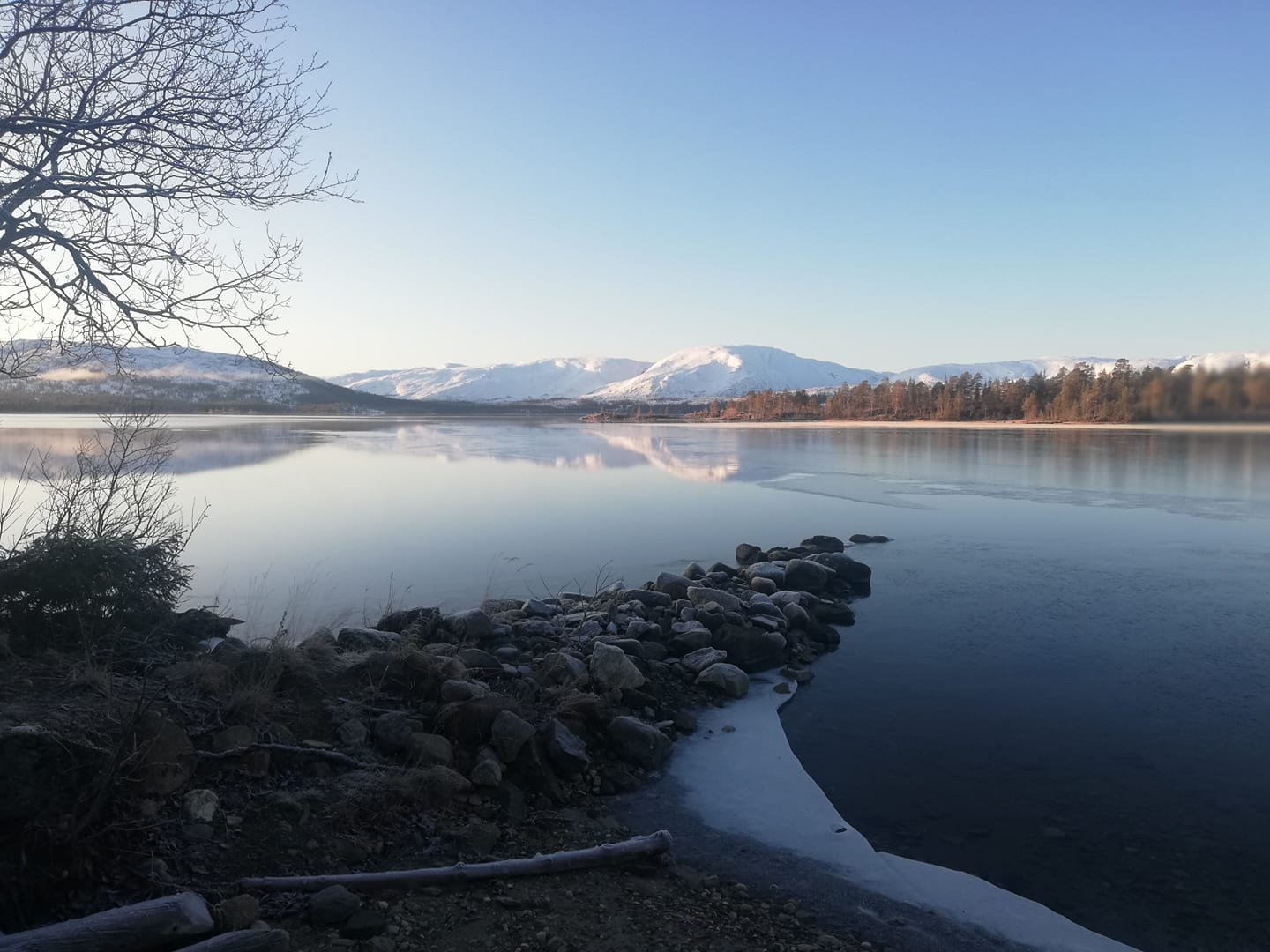
Cutting Land
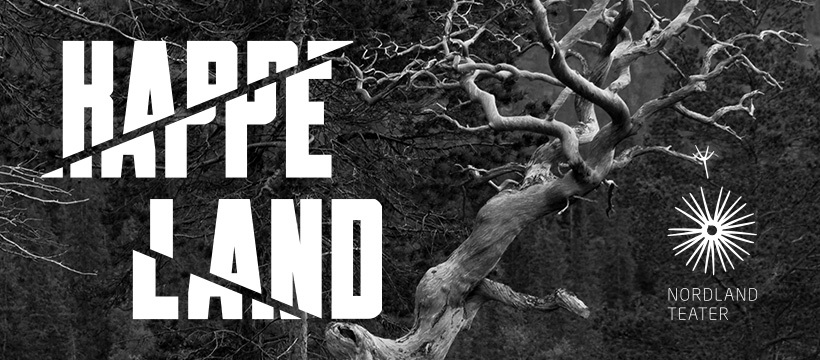
Research has proven that stress and trauma from extreme experiences can manifest in cells and be inherited from one generation to the next. What happens when a whole small community is affected?
Gunshots are heard from Tangen farm at the beautiful lake Majavatn September 6 1942. Gestapo is after the home resistance, and they have been tipped about weapons being hidden at the farm. Soldiers from the Norwegian Company Linge ambush the Germans and it`s a bloody affair.
In the middle of this chaotic scene, we find the young man Gustav Kappfjell. He`s at the wrong place at the wrong time, out in an innocent errand. During the first days of the German occupation in 1940, Gustav fought bravely side by side with many other young men from the north of Norway. But now he`s tired and sick of the war and its misery. He just wants to live in peace with nature.
Fifty years later, Gustav is at the Majavatn Train Station, where a young German woman steps off the train, trying to flee her own childhood trauma. She`s searching for answers, and Gustav is forced back into the dramatic memories of the war, back to the memories he has spent a life trying to suppress. It develops into a battle for life and death.
"Cutting Land" is the name of an old children`s game, where the purpose is to steal land from your opponent by throwing a knife into the ground. This performance tells the story of how international politics affected a small community in Nordland. Twentyfour young men were executed. Gustav was one of the survivers. This is his his story...
NEW PREMIERE
Nordland Theatre/Bodø - European Capital of Culture
July 22 2024
PREMIERE Nordland Theatre
November 4 at 7 pm at Majavatn Community Center.
ON TOUR: Nov. 5, 19 pm Levanger, Nov. 6, 7 pm Bindal, Nov. 7, 7 pm Sømna, Nov. 9, 7 pm Vega, Nov. 11, 7 pm Sandnessjøen, Nov. 12, 7 pm Dønna, Nov. 13, 7 pm Mo i Rana, Nov. 14, 7 pm Vefsn, Nov. 15, 7 pm, Grane, Nov. 16, 7 pm Hattfjelldal, Nov. 19, 7 pm Træna, Nov. 21 7 pm Meløy, Nov. 23, 7 pm Saltdal, Nov. 25, 7 pm Fauske, Nov. 26, 7 pm Fauske, Nov. 27, 7 pm Sørfold, Nov. 28, 7 pm Hamarøy, Nov. 29, 7 pm Narvik
TICKETS @ www.nordlandteater.no
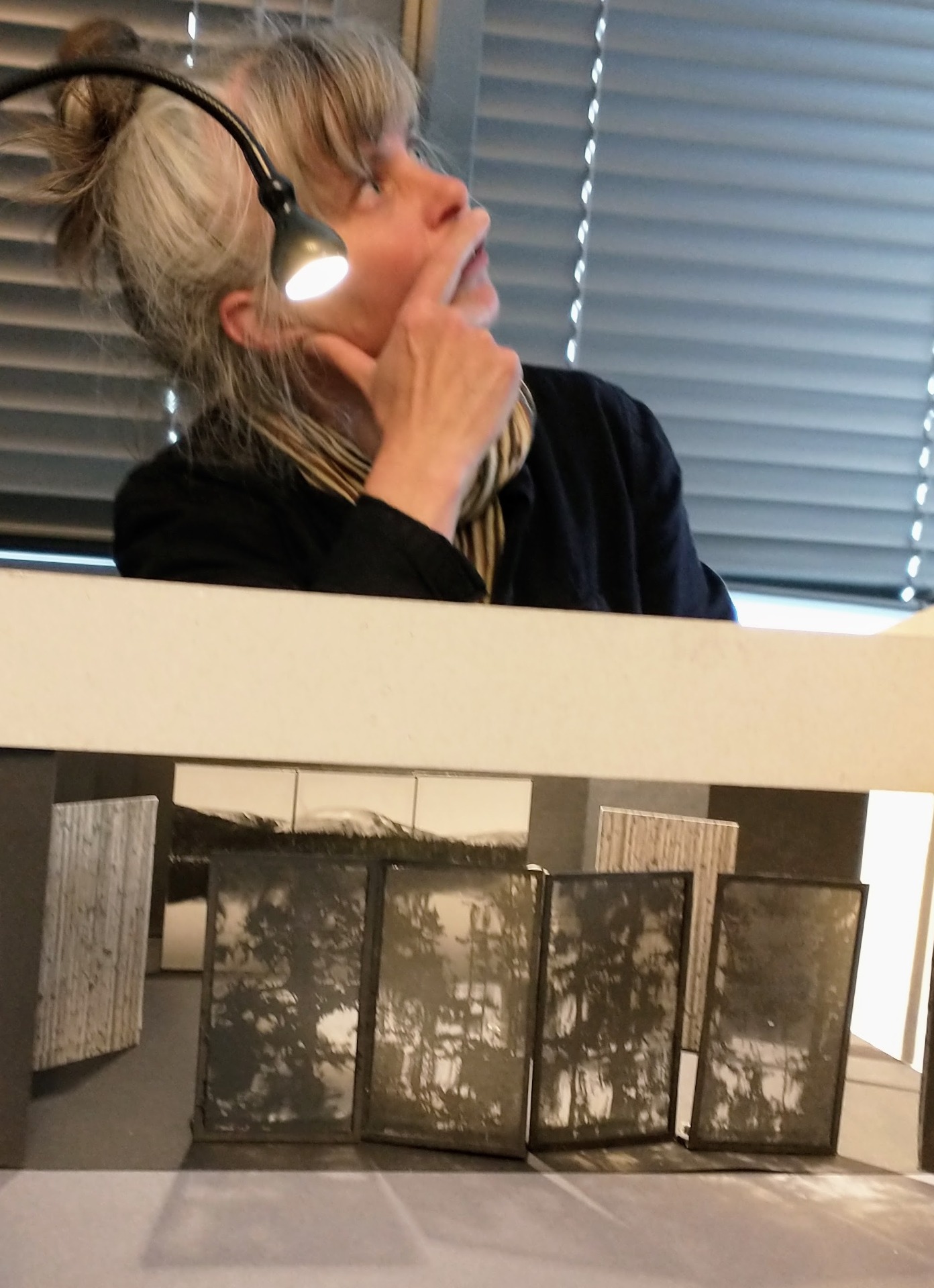
BY Ketil Kolstad
DIRECTOR Hanne Brincker
ON STAGE Bernt Bjørn, Katja Brita Lindeberg, Kristoffer Hjulstad og Lucas Sørensen Jünger
SCENOGRAPHY/COSTUMES Anna Widén
PHOTO Anna Widén
MUSIC Frode Fjellheim
PRODUCTION MANAGER Per Rasmussen
PRODUCTION SECRETARY AND TOUR MANAGER
Isabella Flått
TAILOR Halvard Leirvik
PROPS Sissel Heien og Grete Larssen
CARPENTER Magne Jøsevold
SMITH Herlof Øverdal
TOUR COORDINATOR Jim Ove Marthinussen
PR/MARKET Trine Rimer, Hilde Karin Skreslett, Tove Hovind og Yngvild Keilen
PRODUCER Nordland Teater
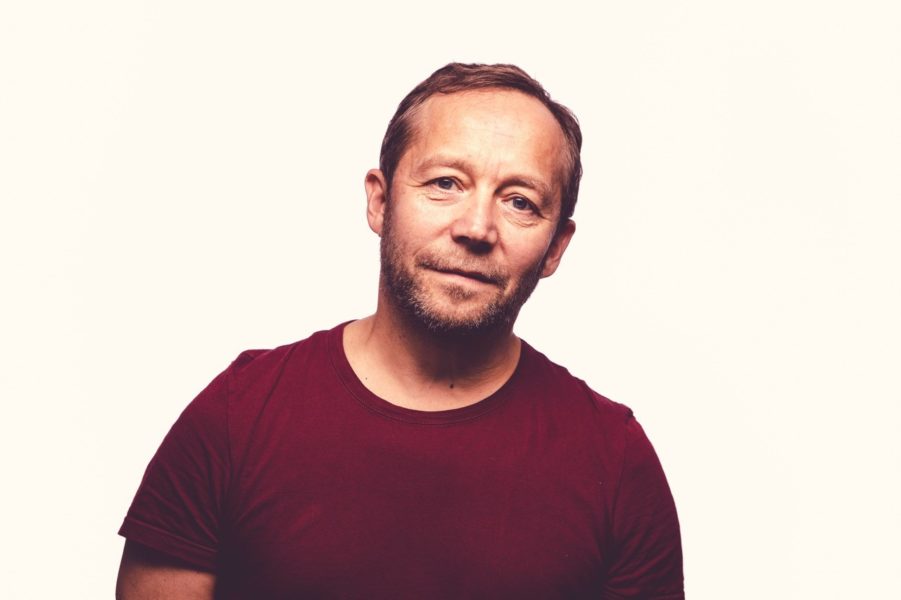
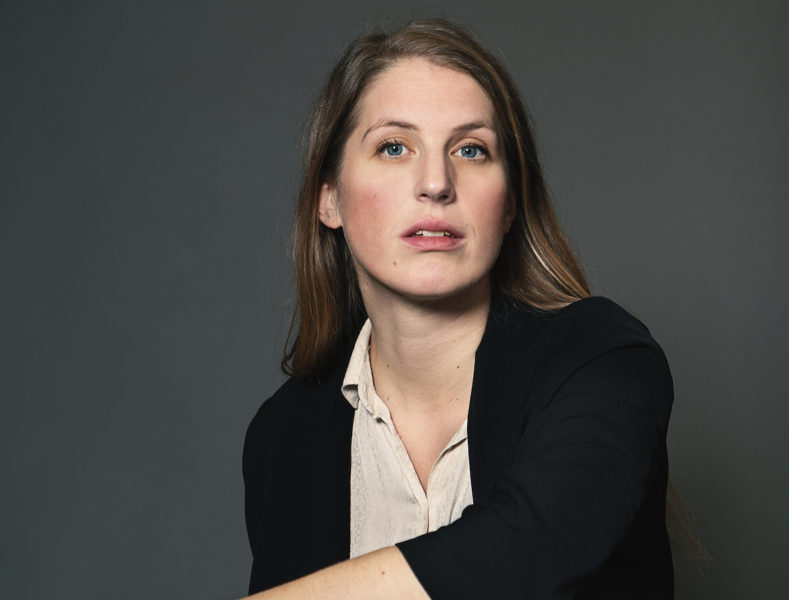
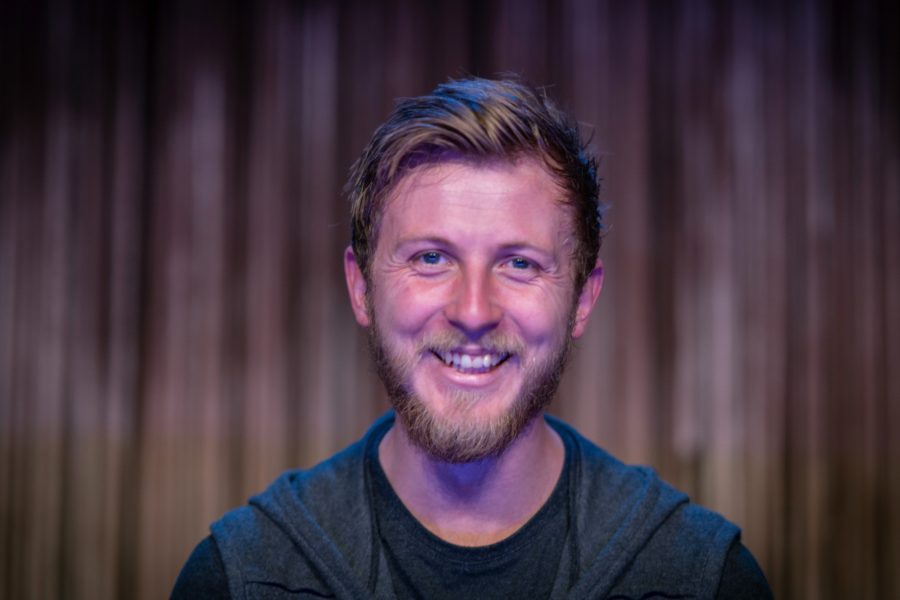

Then what happened, has been rewritten numerous times. And there are several versions of what really happened.Asbjørn Hortman (Majavatntragedien, 2002)

Gaebpien Gåstan
(Gustav Matheus Kappfjell)
1913-1999
was a South Sami reindeer herder, hunter, smallholder, writer and joiker from Majavatn in Grane Municipality, Nordland, Norway.
His poetry collection Gaaltije (1987) was the first ever fiction published in South Sami language. Most of the poems are in South Sami, but also some in Norwegian and in Swedish. He had already published some poems in the yearbook
Åarjel-saemieh in 1982 and 1985, and in the antologies Čallagat (1973) and Vår jord er vårt liv (1981). He participated in the Arctic Arts Festival
1981. Composer Frode Fjellheim has composed music to Gustav`s poem «Aejlies gaaltije» «The holy source». Åke Jünge thinks that his poems talk about "the reindeer herding and mountain life, about the for-mothers and for-fathers and their mountains and nature", and he allows the reader a glimpse into South Sami history, culture and thinking. Lena Kappfjell thinks Kappfjell discusses the creation of the Sami identity. Other texts discuss "the loss of land, water and rights." An audio-book of the poems was released in 2017.
Gåstan went to the Sami school in Hasvika 1921-22, in a time when it was forbidden to talk in Sami. He inherited the small holding Majatangen / Mellingsbukta / Maajehnjuana after his mother Anna in 1951; his father Nils Johan Kappfjell died in the Dunderlandsdal-accident in 1948. His father had combined reindeer herding, farming and fishing, while Gustav would sell his reindeer and focus on farming. Gustav`s brother Nils Olav Kappfjell continued herding reindeer. He contributed in Leif Elsvatn`s book The South Sami Tells with the text "Memories from childhood and adolescence". He was a witness to the Majavatn-affair in 1942. He received the Grane Municipality Culture Award in 1987.
Kilde: Wikipedia
ABOUT WRITING
This story has followed me ever since I was a young boy at our family cottage at Majavatn, listening to my grandfather and Gustav Kappfjell whispering about the Majavatn-affair. I understood it was a delicate matter one shouldn`t talk loudly about.
As an adult, I`m struck by how little the public know about both the Majavatn-affair, the North-Norwegian and the Sami war history. These are important stories that need to be told! Gustav himself was a source of stories, both as a joiker (traditional Sami singer) and as an author. By sharing stories, trauma can be processed, and we who live today can find ourselves by trying to understand our predecessors.
Although the magical words "What if" is the most useful tool in the playwright`s toolbox, I`ve tried to treat the history with the utmost respect and dignity. "Cutting Land" is a piece inspired by events and real people from our near future. It will never be the "whole" truth, but an interpretation of it. I`ve tried to treat de historical facts with respect and compliance based in available sources and interviews. The frame-story which takes place in 1992 is fictional, so is the character Stefi Pollack. The role as her grandfather Willy is inspired by Walter Hollack, who led the German troop on Tangen farm. He`s the one who arrested and interrogated Gustav at the local hotel before they left for the prison camp of Falstad, where Hollack did duty as both prosecutor and secretary at the war court.
I want to thank everybody who has contributed to the realization of this project!
Ketil Kolstad - playwright


